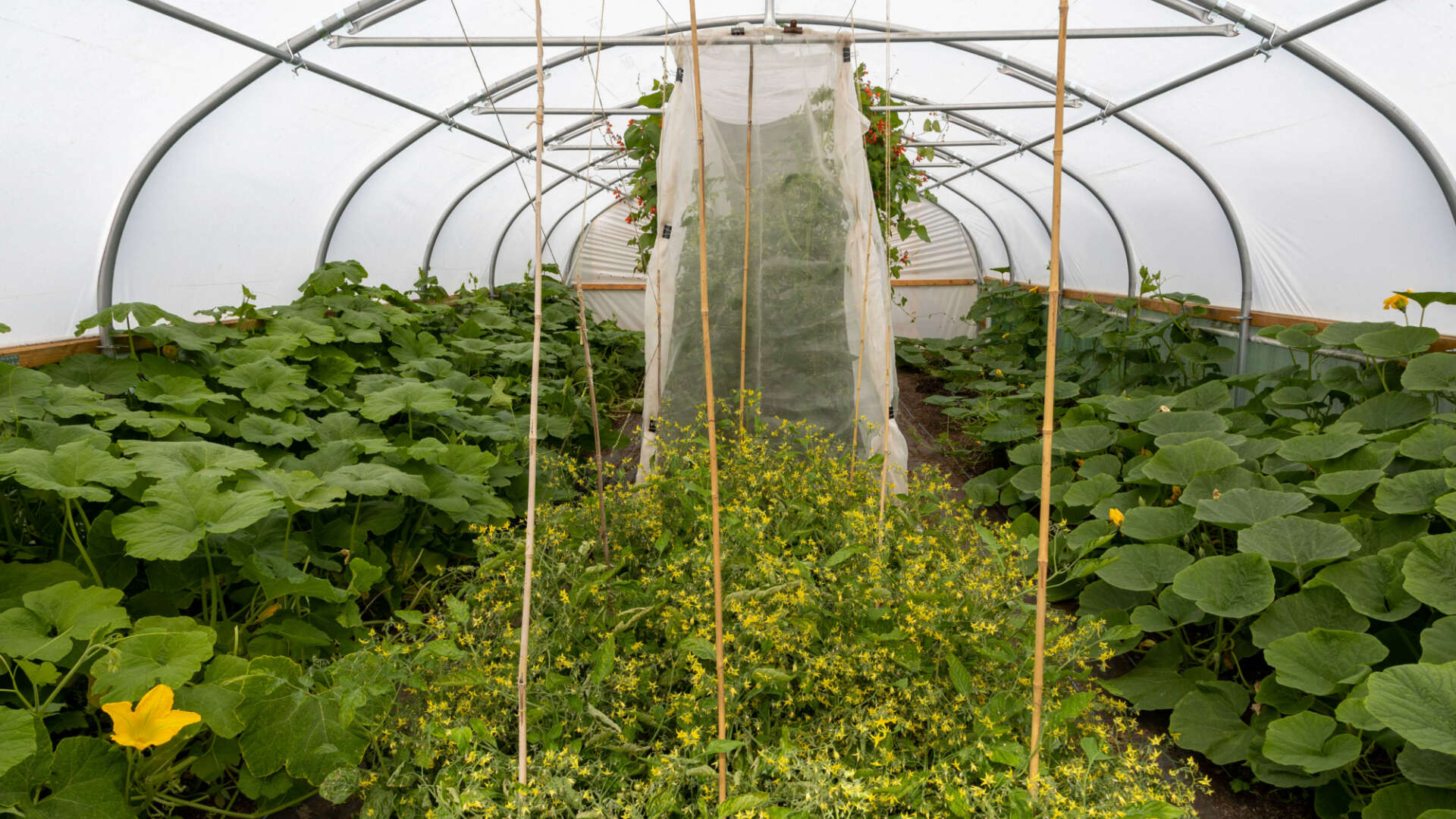What can seed saving do for you?

A lot of us are at it already
Recent work by Garden Organic and Birmingham University showed that a lot of us are saving seeds already. We found that 96% of Garden Organic members who took part in a survey were doing some form of seed saving. It may not be such a surprise that keen members of an organic gardening charity are saving their own seed, so we decided to look at seed saving amongst more typical allotment growers. Sanwal Bhatti, a final year Msc student from Birmingham University department of BioSciences, quizzed allotment holders in his home town of Walsall and found that 92% of people surveyed practised some form of seed saving.
This is really good news as seed saving has many important benefits.
You can read the full analysis of our survey here, and download Sanwal’s thesis here.
It’s satisfying!
This was the top reason all growers gave for saving their own seeds. You’ve grown your own food. Now take it one step further and ditch your complete dependence on seed companies. Let a few French beans dry on the plants and store them. Why not take it even further and let some lettuce plants bolt and see what a lettuce flower looks like and where the seeds come from? Once you have started experimenting, it can become addictive!
Preserving biodiversity
Allotments and home gardens are important reserves of biodiversity, where many different varieties of plants are grown. This is an important part of food security, and is often undervalued. Many of the more unusual varieties, especially of non-traditional and ethnic crops, are not readily commercially available in the UK, so saving seed has an important role in preserving them.
Adapting to local conditions
Repeatedly saving seeds from the best plants in your growing area is a great way of adapting varieties to your local conditions. You are doing the job of a plant breeder in your own back garden. The advantages of home saved seed were highlighted when we compared several varieties of home saved calaloo against some commercial seeds, grown at the same site. The homesaved ones grew far more vigorously.
Importance of sharing
Seed swap events may give the appearance of a local tombola, but their role in biodiversity and food security is crucial. The simple act of sharing seed for your home-saved variety means that it will be grown in more places and has less chance of dying out. Luckily, it seems that many of us are keen to share our good fortune, and over half of people surveyed were keen to go to seed swaps.
What can I do next?
Have a go. Now is a good time to try your hand at saving seeds from a few plants. French beans don’t tend to cross with other varieties nearby and can easily be left to dry on the plant. Tomatoes are also easy to save seeds from, and varieties will remain true to type.
Attend a seed swap
Search online for one nearest to you, swap seeds and share tips with like-minded seed savers.
You can also join Garden Organic’s Heritage Seed Library and support our work.
Come on one of our courses, such as the Next steps in Seed Saving, to learn a bit more about this fascinating topic.